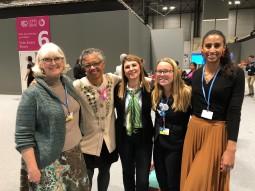
COP25 Postmortem (start time: 3:35) Earlier this month many nation’s leaders, as well as scientists, environmental activists, companies and others gathered in Madrid for a two-week United Nations climate summit. The conference, called COP25, is rooted in the 2015 Paris Agreement, which is a blend of pledges from about 200 nations to dramatically slash their planet-warming emissions. Next year’s meeting is when signatory nations will update their actual commitments. So, what happened at the recent climate summit, and what’s next? How On Earth host Susan Moran today interviews two scientists who attended COP25. Tashiana Osborne is a PhD candidate in atmospheric and oceanic science at the Scripps Institution of Oceanography, at UC San Diego. And Sarah Whipple is a PhD candidate in ecology at Colorado State University.
Hosts: Susan Moran, Joel Parker
Producer: Susan Moran
Engineer: Joel Parker
Executive Producer: Joel Parker
Listen to the show here:
Podcast: Play in new window | Download (Duration: 28:18 — 25.9MB)
Subscribe: RSS

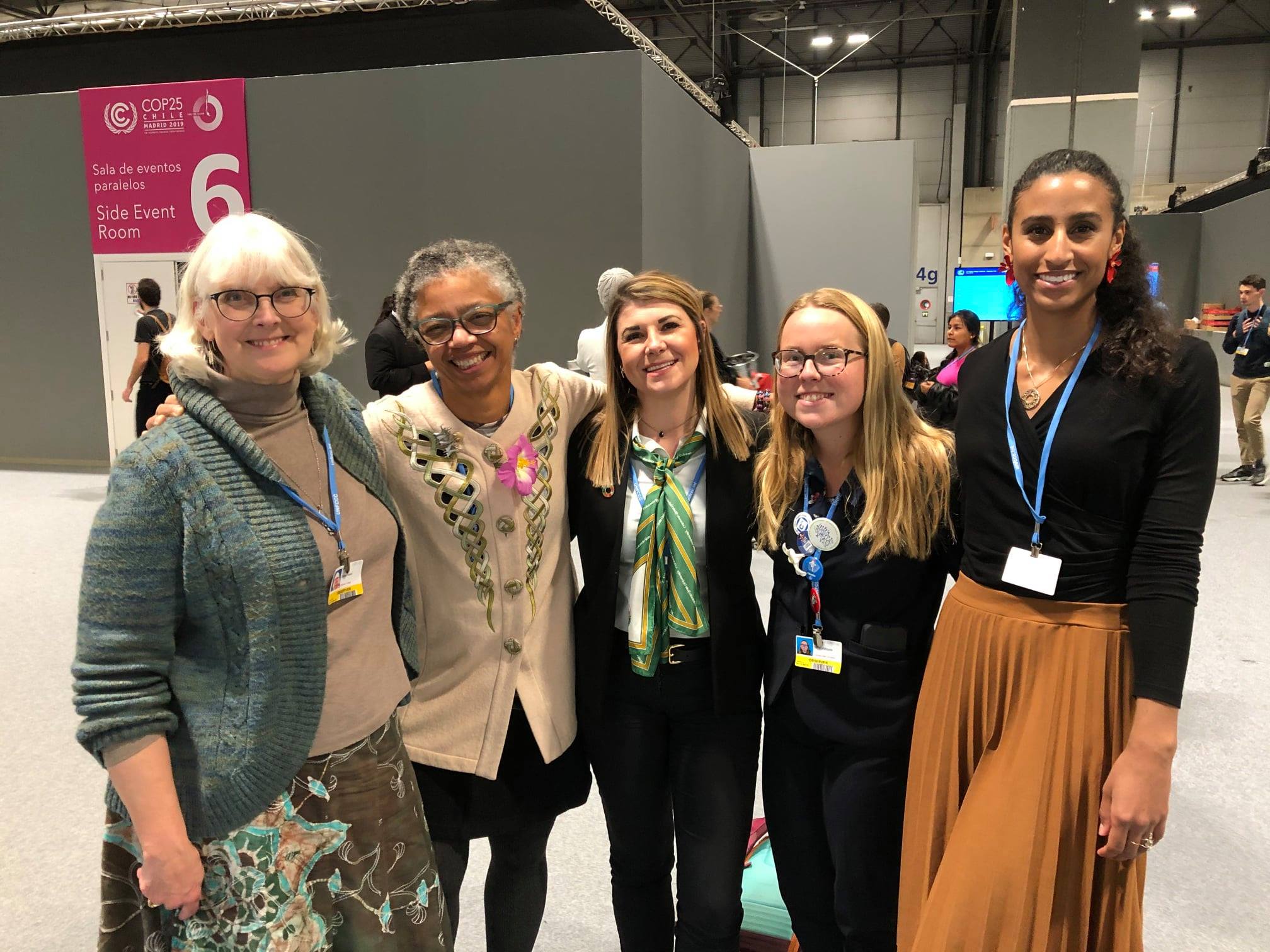


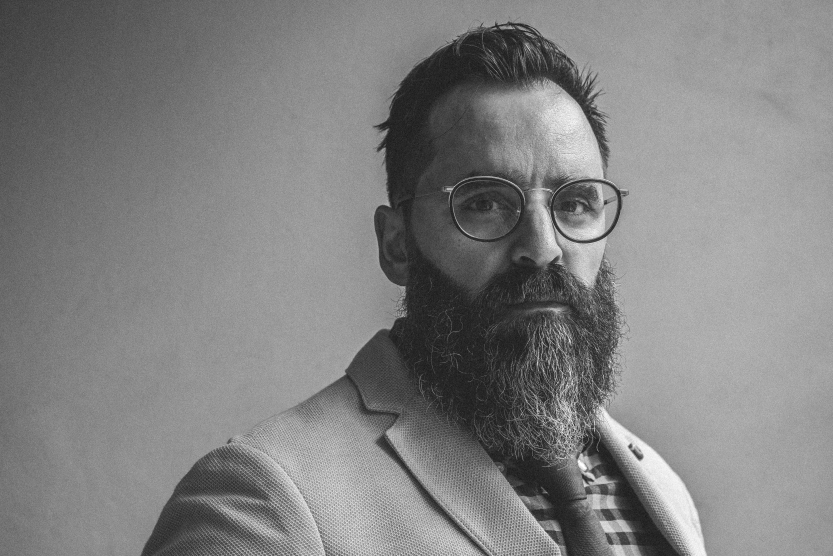
 We talk with
We talk with 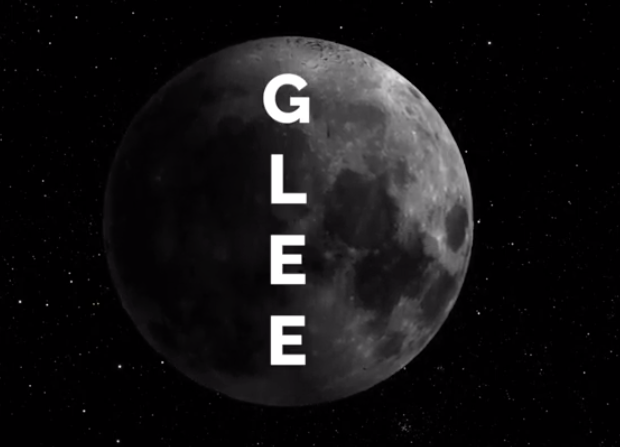
 GLEE (starts at 8:06) We just recently celebrated the 50th anniversary of the first Moon landing. After the Apollo missions, scientists
GLEE (starts at 8:06) We just recently celebrated the 50th anniversary of the first Moon landing. After the Apollo missions, scientists 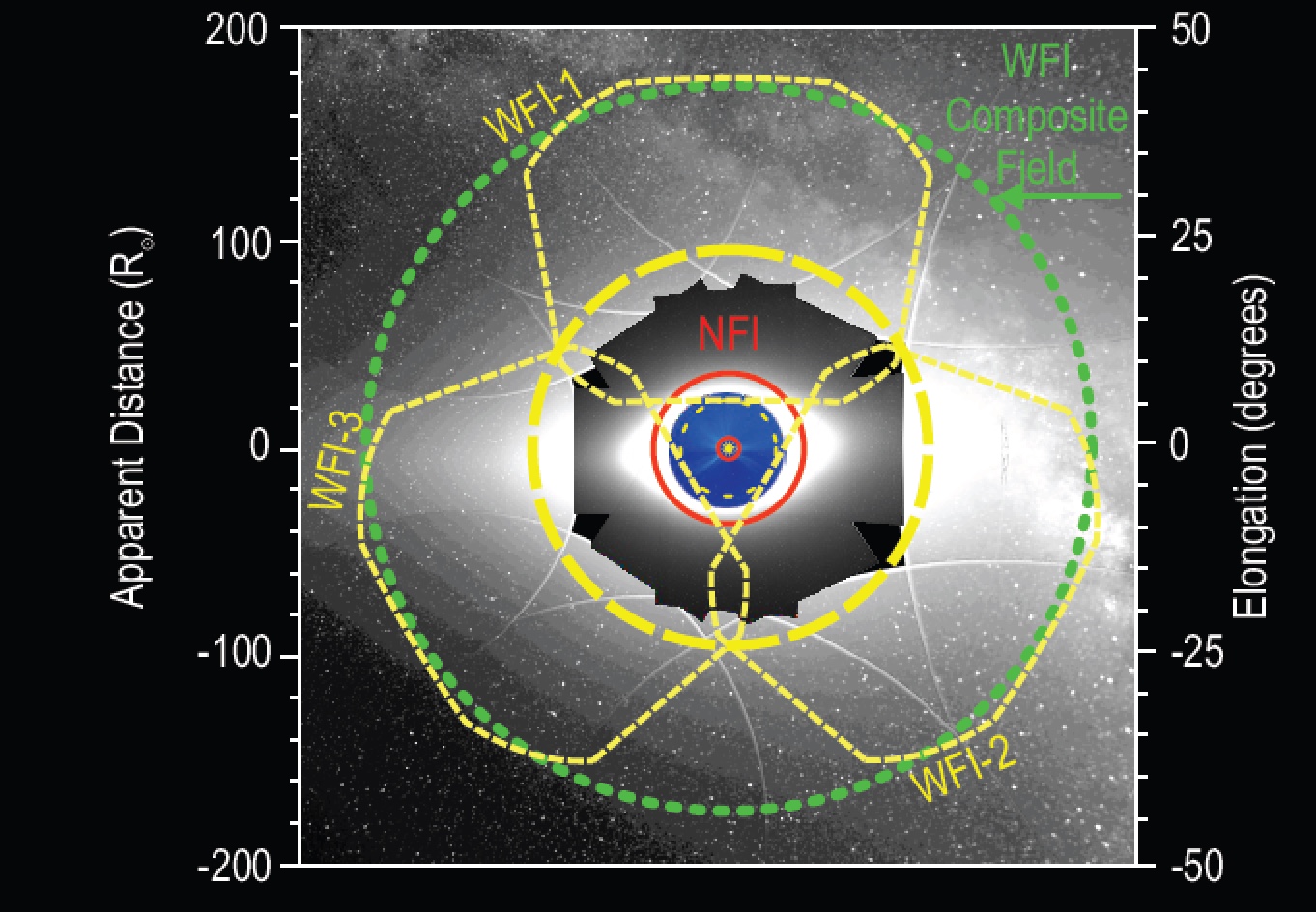


 With graduation season is upon us, today’s edition of How on Earth is our annual “Graduation Special”. Our guests in the studio today are scientists who have or will soon receive their Ph.D. in a STEM-related field. They talk about their thesis research, their grad school experiences, and what they have planned next.
With graduation season is upon us, today’s edition of How on Earth is our annual “Graduation Special”. Our guests in the studio today are scientists who have or will soon receive their Ph.D. in a STEM-related field. They talk about their thesis research, their grad school experiences, and what they have planned next.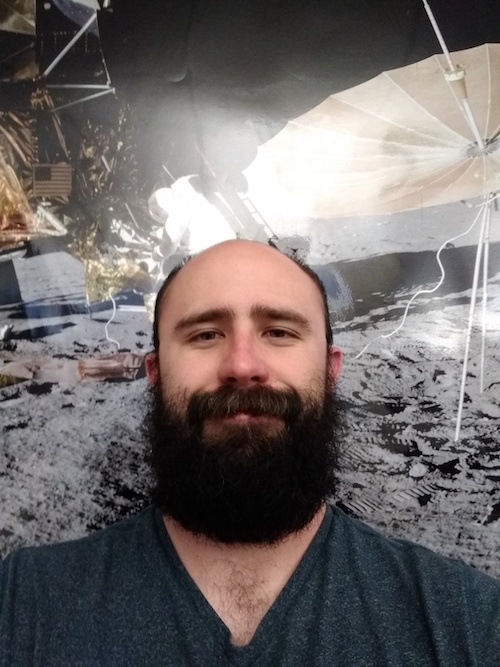 Marcus Piquette – CU Boulder,
Marcus Piquette – CU Boulder, 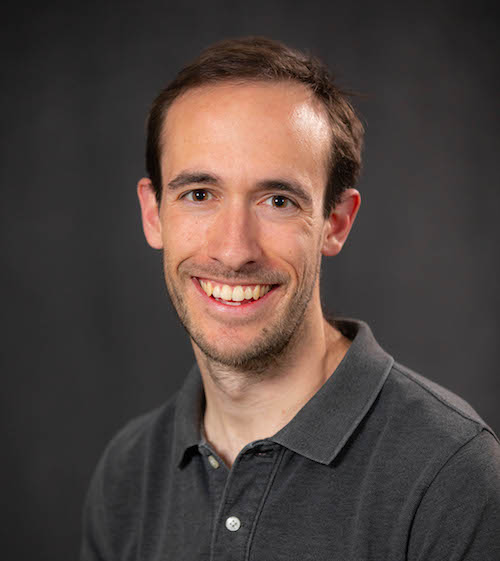 David Reens – CU Boulder,
David Reens – CU Boulder, 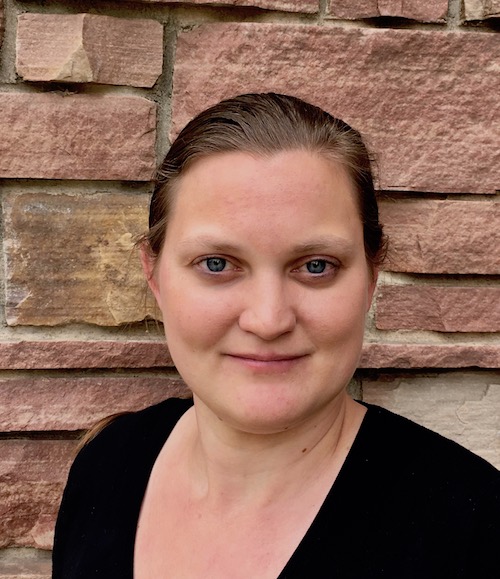 Abigail Reens– CU Boulder,
Abigail Reens– CU Boulder, 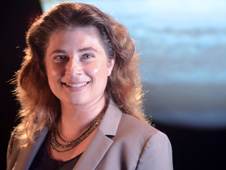
 This special edition of How on Earth is produced in conjunction with the
This special edition of How on Earth is produced in conjunction with the 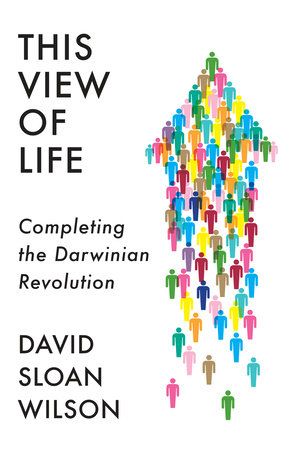


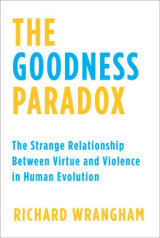 The Goodness Paradox (Teaser): Today’s spring pledge-drive show features brief clips from a recent interview with
The Goodness Paradox (Teaser): Today’s spring pledge-drive show features brief clips from a recent interview with 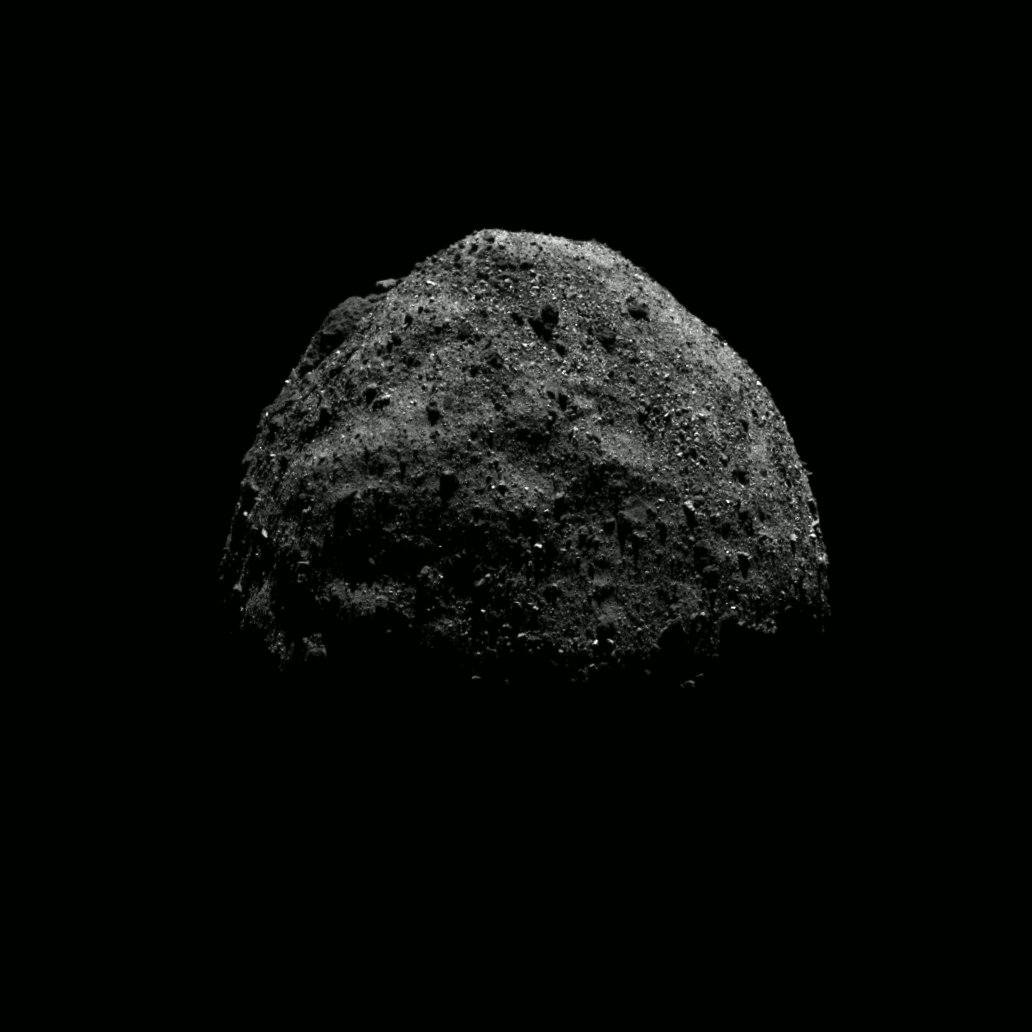
 n today’s first feature, we hear about
n today’s first feature, we hear about 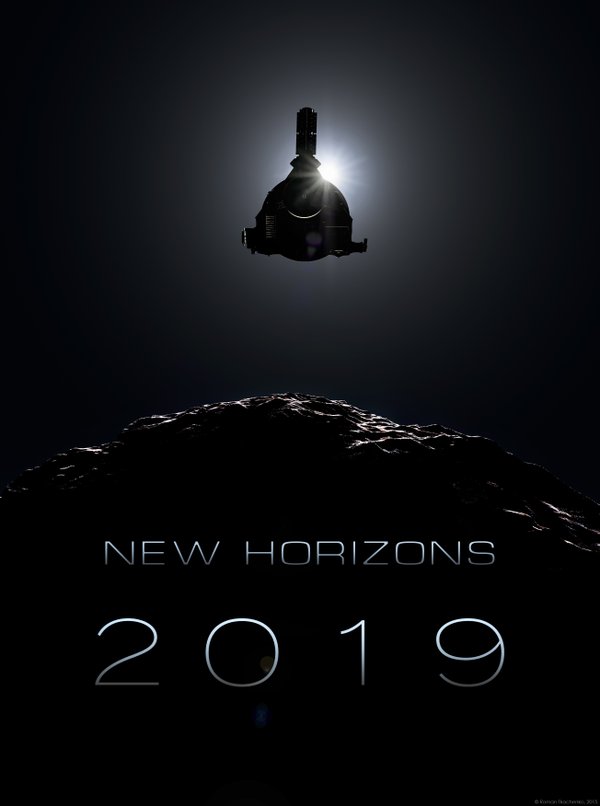 Our second spacey feature is about a mission that you might describe as exploring “beyond the beyond”. The piano-sized, nuclear-powered
Our second spacey feature is about a mission that you might describe as exploring “beyond the beyond”. The piano-sized, nuclear-powered 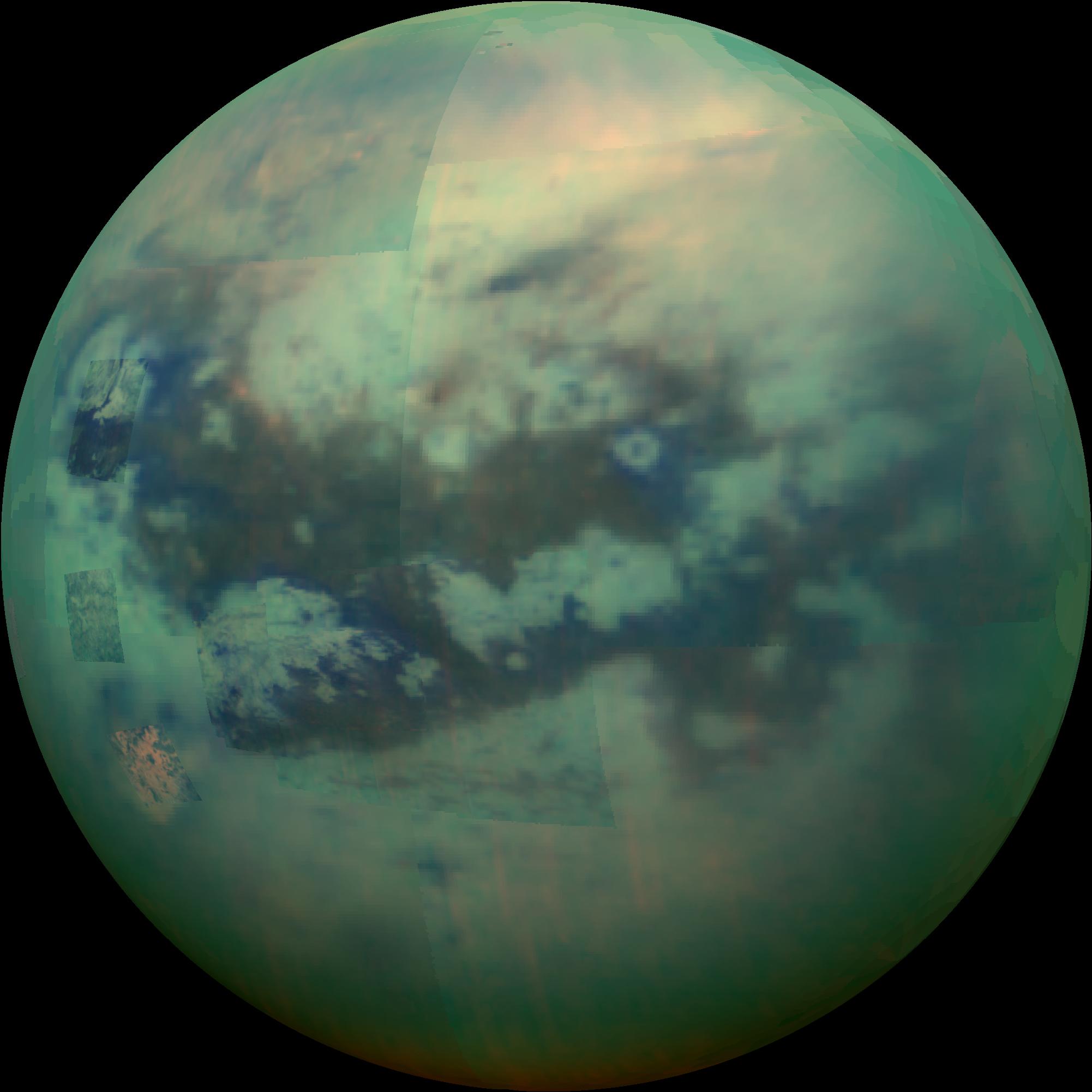
 Feature: Titan (starts at 8:55)
Feature: Titan (starts at 8:55)